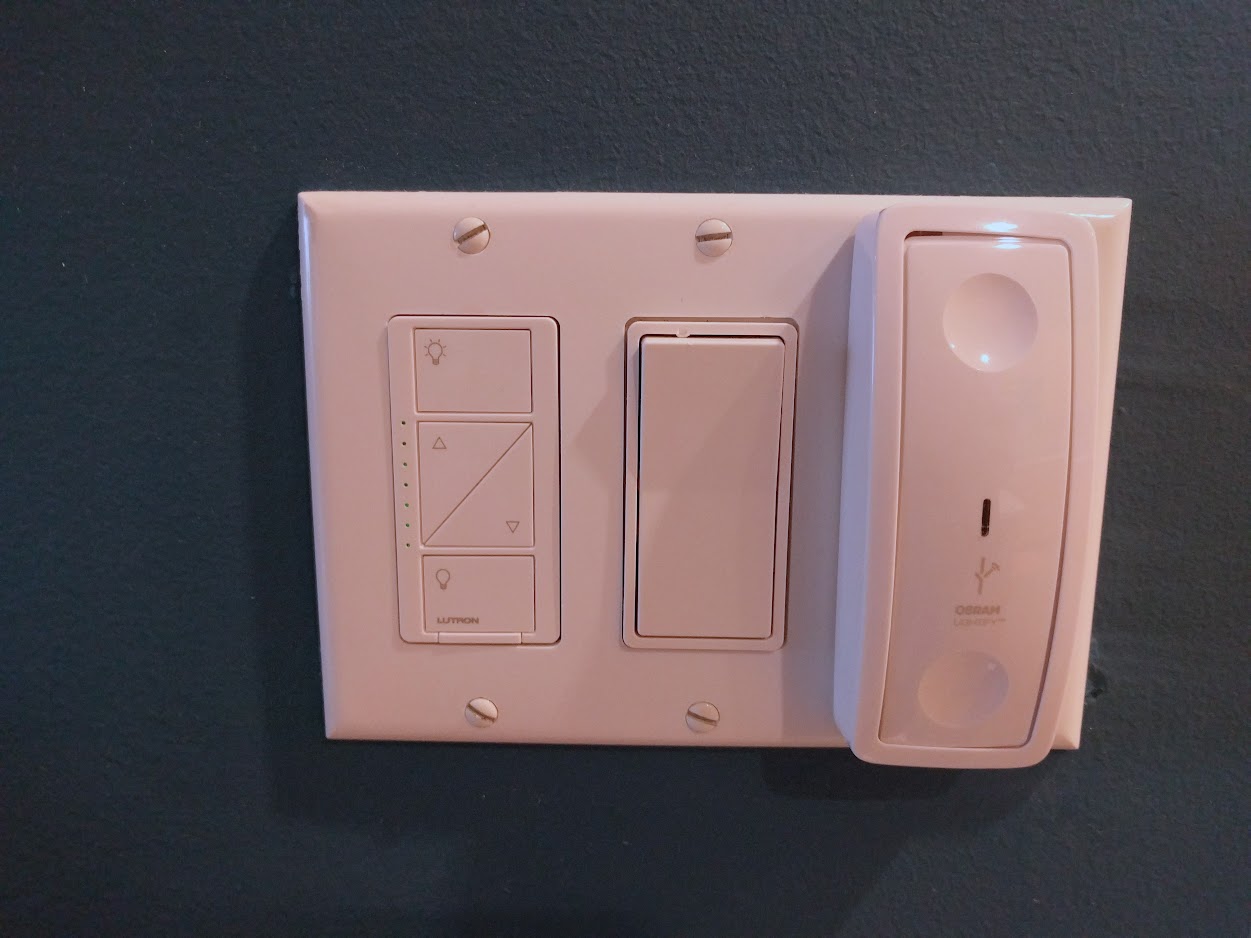Thursday, December 27, 2018
Thursday, December 20, 2018
Thursday, December 13, 2018
Tuesday, December 11, 2018
The Art of Teaching
The skills and qualities needed for developing a technology-enriched learning environment involve more than just expertise in an academic field. Moreover, whether you are a novice or experienced teacher who feels comfortable integrating technologies into your teaching process, the first place to start is the ISTE Standards for Teachers.
ISTE standards are an excellent framework for planning projects and lessons that integrate technology literacy with academic standards and critical thinking skills. Namely, ISTE standards can be seen as a useful tool for teachers to better understand their needs and goals for interacting technologies in their teaching and learning process.
Moreover, it is an excellent way to peruse the ISTE Teacher Standards to see how you, as a teacher 'measure up.' Moreover, a better understanding of these standards will help you to understand how technology can aid you in addressing your students' needs.
Thus, by implementing ISTE Standards for Teachers into my teaching process, I started looking at my teaching differently as well as my students' learning process.
Technology implementation in my teaching process changed not only the way what I did in the past, but also the way how I did it. Namely, it made me think about how I can transform what I teach and how I teach. I started considering what I could do to incorporate technologies in my teaching process and considering how this incorporation could transform the lesson itself.
For instance, ISTE Standards for Teachers helped me better understand my competence level for each standard. In other words, ISTE Standards helped me understand my needs and goals for implementing new technologies in my teaching process. In other words, the knowledge gained from this course helped me to engage students in exploring real-world issues and solving authentic problems using digital tools and resources (Standard 1b).
Moreover, the Standards 2b: helped me to develop technology-enriched learning environments that enable the students to pursue their curiosities and become active participants in setting their own educational goals, managing their learning, and assessing their progress.
And last but not least, the Standard 3a helped me to demonstrate fluency in technology systems and to transfer current knowledge to new technologies and situations.
Thursday, December 6, 2018
Tuesday, December 4, 2018
New Trends, Challenges and Technologies in Armenian Educational Context
The Horizon Report 2018 highlights six developments, six challenges, and six trends relating to educational technology and practices that are probably to enter mainstream use within their focus sectors over the next five years (2018–22). Moreover, these new trends, challenges and technologies are already making real changes in education, particularly in learning strategies and in the development of progressive pedagogies, as well as in the role of the teacher. In other words, the roles of educators and higher education change simultaneously with educational technology trends.
Furthermore, as this technology-enabled approaches are becoming more and more popular, many institutions are rethinking the main responsibilities of the educators. Thus, it is becoming more and more essential for the educators to position themselves in a way that to be able to respond to rapid changes in technology, as well as its impact on the learning and teaching process.
However, before implementing these new trends, developments relating to educational technologies into the teaching and learning process, it is essential to take into consideration the educational context, as well as the EFL professionals, who are going to make use of these new trends. In other words, before implementing these new trends in the teaching process, it is crucial to understand whether these new trends, technologies are relevant for EFL professionals and for the particular context. For instance, EFL professionals in Armenia can make use of the Long-Term Trend: Driving Ed Tech adoption in higher education, by examining the ways how institutions can nurture cultures that promote experimentation. Namely, it will give the EFL professionals the opportunity to keep pace and change their evaluation methods to remove the obstacles that limit the development of new ideas. In other words, EFL professionals by doing this examination will understand that higher education should accept failure as a common part of the learning process.
Regarding challenges, EFL professionals can make use of 'authentic learning experiences.' Namely, authentic learning experiences will give them the opportunity to connect students with real-world problems and work situations, as they will be able to bridge the gap between particular applications and academic knowledge by establishing relationships with the community. Furthermore, it will give learners the opportunity to experience the future that awaits them outside the university.
Subscribe to:
Comments (Atom)
IoT Podcast Episode 437: Goodbye and good luck
This is the final episode of The Internet of Things Podcast, and to send us off after eight years, we don’t discuss the big news of the day ...

-
It’s CES week, and neither Kevin nor I are physically there for the second year running. That makes it really tough to get a macro sense of ...
-
This is the final episode of The Internet of Things Podcast, and to send us off after eight years, we don’t discuss the big news of the day ...
-
This week on the show, Kevin and I start off talking about some of the Roku gear I’ve been playing with for the last week. We discuss the g...